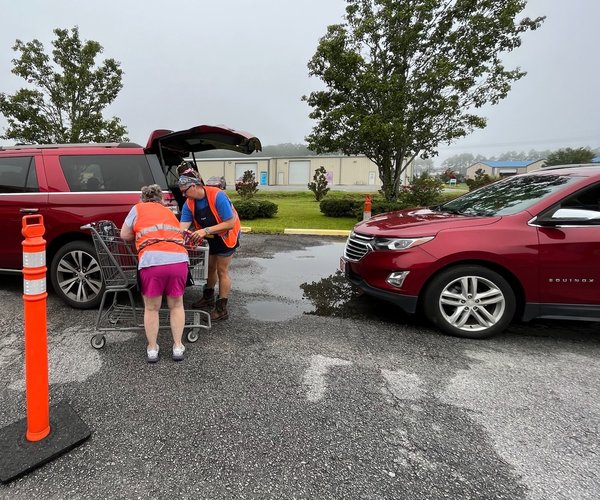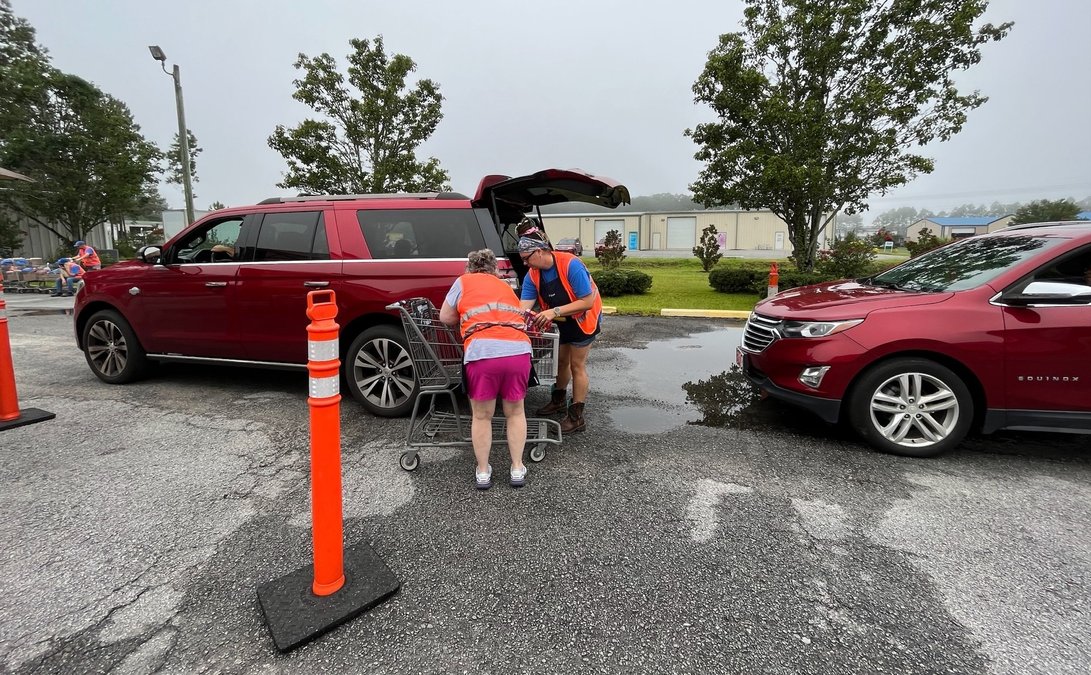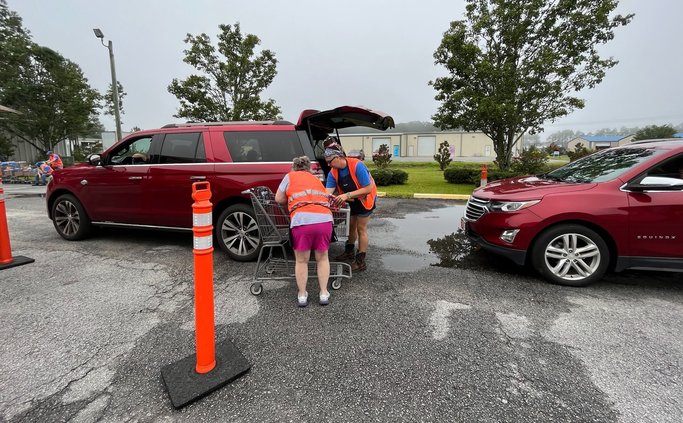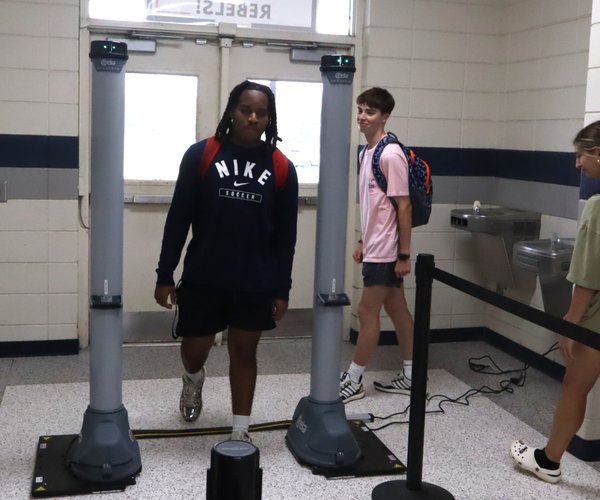Effingham County commissioners are expected to take a look at a reuse water agreement with Staffordshire Estates at their first meeting next month.
The county has an interim agreement with Staffordshire Estates, and the development is expected to take in more reuse water than it creates.
“They will accept reuse far above what they generate,” county engineer Steve Liotta told commissioners at their Oct. 16 meeting. “We’ll have a place for those who don’t or can’t take reuse to put their reuse.”
The development has identified a 24-acre area that can be irrigated with reuse water at approximately 230,000 gallons a day. Staffordshire Estates will have 618 equivalent residential units and is expected to get credited for the excess reuse it takes.
Assistant county attorney Eric Gotwalt questioned who would be responsible for the irrigation system once it’s built and raised the possibility that the homeowners association could decide to get out of the contract.
“I don’t know that the county should have something in here to make sure it is operated properly or give the county the right to step in to do maintenance work,” he said.
Commissioners also expected to get a second reading of an ordinance to raise the fees for new water meters. As they stand, the fees are $400 for a meter, with $300 for the meter and $100 for installation.
“We have found now is the meters have risen over $300. They have hit $350,” Liotta said.
The recommendation from county staff is to raise that to $450 for residential users and to make cost of the meter plus $100 for commercial meters. Commercial meter costs are based on the size of the meter used.
The county has approved a water protection plan monitoring proposal with Integrated Science and Engineering. In its wastewater treatment plant permit with the state Environmental Protection Division, the county is required to do a watershed protection plan to insure water quality, according to Liotta. The county has been lax in doing the plan because there was confusion on who was to do it.
“We thought the consultant was performing that and the consultant never actually started the sampling,” Liotta said. “We haven’t been performing that monitoring. It has to be done and we don’t have a choice. EPD can fine us for violations.”
The EPD hasn’t cited the county for its lack of a watershed protection plan.
“They were gracious,” Liotta said. “That’s how we got by.”








